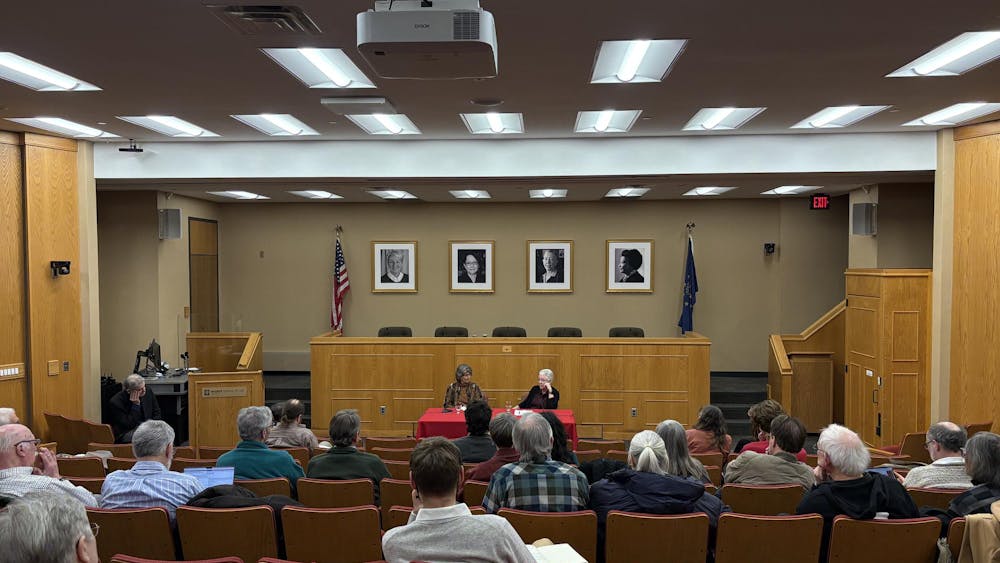NEW YORK -- New Yorkers who were close to the World Trade Center during the Sept. 11 terrorist attacks have more vivid memories than those in other parts of the city on that day, a recent study by New York University researchers found.\nThe study, published last month in the Proceedings of the National Academy of Sciences, was conducted by a research team led by New York University psychology professor Elizabeth Phelps.\nThe results suggest a connection between personal involvement on Sept. 11 and memories of that day. Both engage the amygdala, a small brain structure responsible for emotion's influence on memory. \nWhile all the subjects for the study were in Manhattan on the day of the attacks, Phelps said those in lower Manhattan were more detailed and confident in recounting what happened. Those in midtown, however, reported experiencing the events secondhand -- through television, for example.\n"The downtown subjects also reported seeing, hearing and smelling what had happened," Phelps said in a press release.\nThe study was written by NYU students, including postdoctoral fellow Tali Sharot, the lead author, and contributing authors Mauricio Delgado, now at Rutgers, and Elizabeth Martorella, an NYU graduate student.\nThe research, which began about three years after the attacks, involved 24 participants who were scattered across Manhattan that day.\nEach participant was involved in several experiments, ranging in complexity from simply writing down their memories to recalling their experiences while being monitored by an fMRI machine that tracked their brain activity.\nThe researchers noticed a correlation between proximity to the attacks and increased amygdala activity in the fMRI results.\nParticipants were also asked to recount memories from the summer of 2001 to serve as a baseline for comparison. After writing their personal accounts, they then rated their own memories -- both from the summer and from Sept. 11 -- for factors like vividness, detail and confidence in accuracy. \nThe researchers found that only half of the subjects -- those closer to the World Trade Center that day -- gave the Sept. 11 memories higher ratings than the summer memories.\nAn important part of the research involved the so-called flashbulb effect, which came to prominence in the psychology community following the assassination of President John F. Kennedy.\nThe theory of flashbulb memory suggests that the shocking nature of life-altering events triggers a memory mechanism that creates a picture-like representation of that instant. Over time, researchers have found that although these memories are not necessarily more accurate, they are much more vivid.\n"Our findings on 9/11 memories indicate that personal involvement may be critical in producing memories with the characteristic qualities of flashbulb memories," Sharot said.
NYU study maps Manhattan Sept. 11 memories
Get stories like this in your inbox
Subscribe





